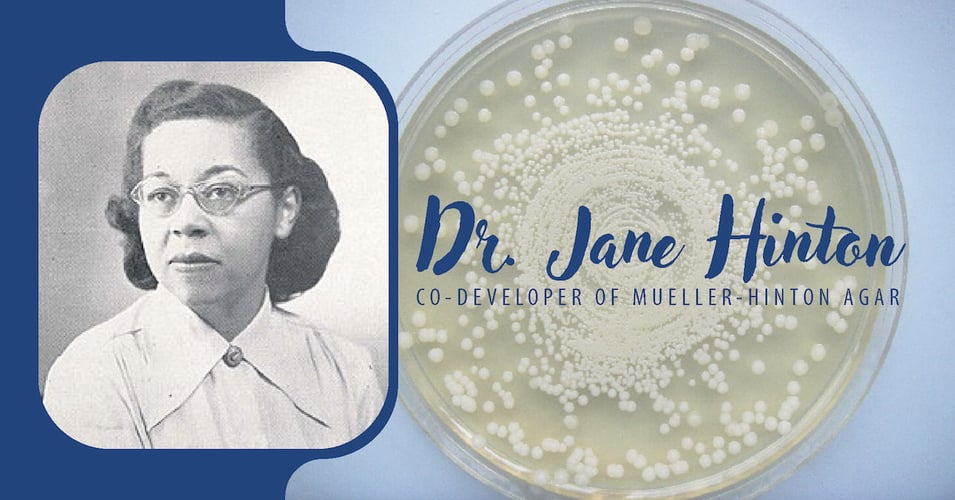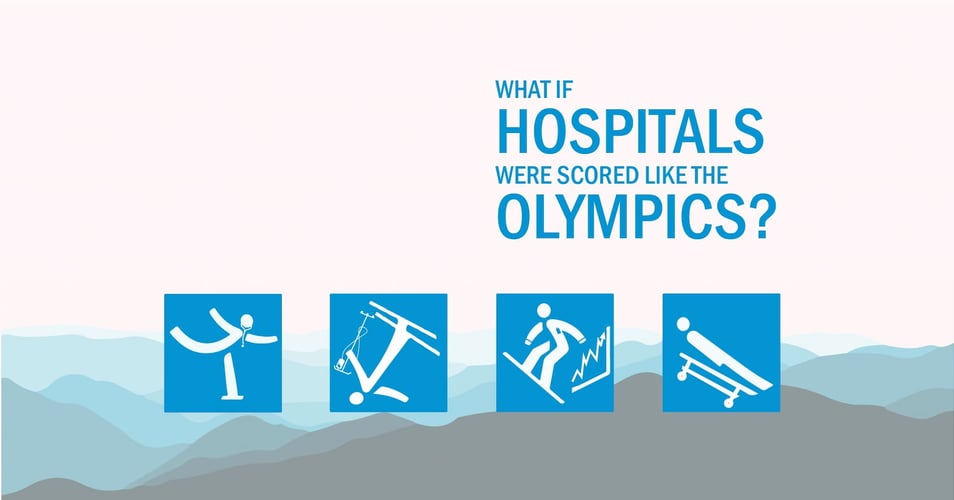Pasteurization. Gram stains. Petri dishes. Bunsen burners. The science world is replete with processes or equipment named for their esteemed...
Dr. Jane Hinton: Co-Developer of Mueller-Hinton Agar

![EOScu Logo - Dark - Outlined [07182023]-01](https://blog.eoscu.com/hubfs/Eoscu_June2024/Images/EOScu%20Logo%20-%20Dark%20-%20Outlined%20%5B07182023%5D-01.svg)






